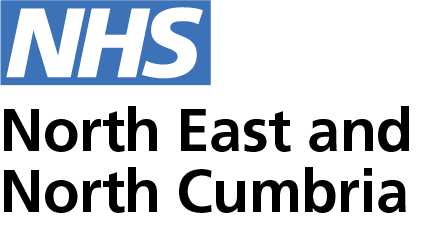Feel powerless about poverty? The NHS can do more than you think.

Emma Leggott of charity Children North East works with North East and North Cumbria ICB to poverty-proof services.
Poverty is emotive. A label nobody wants. But Government figures show that 14.5 million people live in poverty, including 4.2 million children. That's an average of nine in every class.
Most children in poverty have at least one parent in paid work, and many more don’t hit the official ‘poverty line’ but their everyday life is a struggle just the same.
When it comes to healthcare, poverty brings its own set of problems. Suppose your child has a condition like type 1 diabetes.
It's expensive to manage. You’ll need regular hospital visits, and a smartphone for the diabetes apps. Then there are treatments for hypos that aren’t always available on prescription - patients buy the sugary snacks, dextrose products and high sugar snacks needed in a hypo emergency from their own pocket.
Regular appointments cost money, time and energy. Stressful for anyone but possibly the last straw for a very low-income family. Travel's not a short walk to a local clinic – it's more likely public transport to a central location, petrol and parking or a taxi to juggle a vital appointment with the school run. Then there's lost earnings, extra childcare, or free school meal replaced with an expensive meal deal because it’s the only available option.
It sounds overwhelming – but there's a lot the NHS can do to help. Working with North East and North Cumbria ICB, my team at Children North East leads 'poverty proofing audits' with one clear aim: to ensure that people living in poverty aren't further disadvantaged when accessing healthcare.
Poverty Proofing© can take NHS services beyond the stigma and shame, and challenge inequality in healthcare. My team 'poverty proofs' healthcare services including dentistry, sexual health, outpatients, maternity, and general practice.
Working with children and young people’s diabetes networks, we led extensive Poverty Proofing© audits in three clinics and bespoke training for 30 diabetes teams.
The results were tangible: hypo treatments available on prescription, refurbished hospital mobiles to help families access diabetes technology, travel cards and reimbursement schemes.
Healthcare staff were trained to ask about home life and be more poverty-aware when giving advice, with thoughtful ways to signpost people to financial support and benefits advice.
When I deliver Poverty Proofing© training to healthcare teams, the fear of offending someone is palpable. But the impact of not asking can be so damaging to health. As a healthcare professional, not asking if poverty is present is like not asking someone with a lung condition whether they smoke.
A poverty proofing audit can galvanise a new way of working. Once you see healthcare through the lens of poverty, you can't unsee it - and you're equipped to make a lasting difference to people’s lives.
It's not a silver bullet, but it can provide the permission and insight people need to work differently. I love the work we do. Just like the healthcare professionals we work with, our brilliant team really care about addressing poverty-related health inequalities.
Emma Leggott is Poverty Proofing© Health Team Manager at Children North East, which conducts 'poverty proofing audits' and delivers training at healthcare settings across the region. To find out more about Poverty Proofing©, email emma.leggott@children-ne.org.uk.
